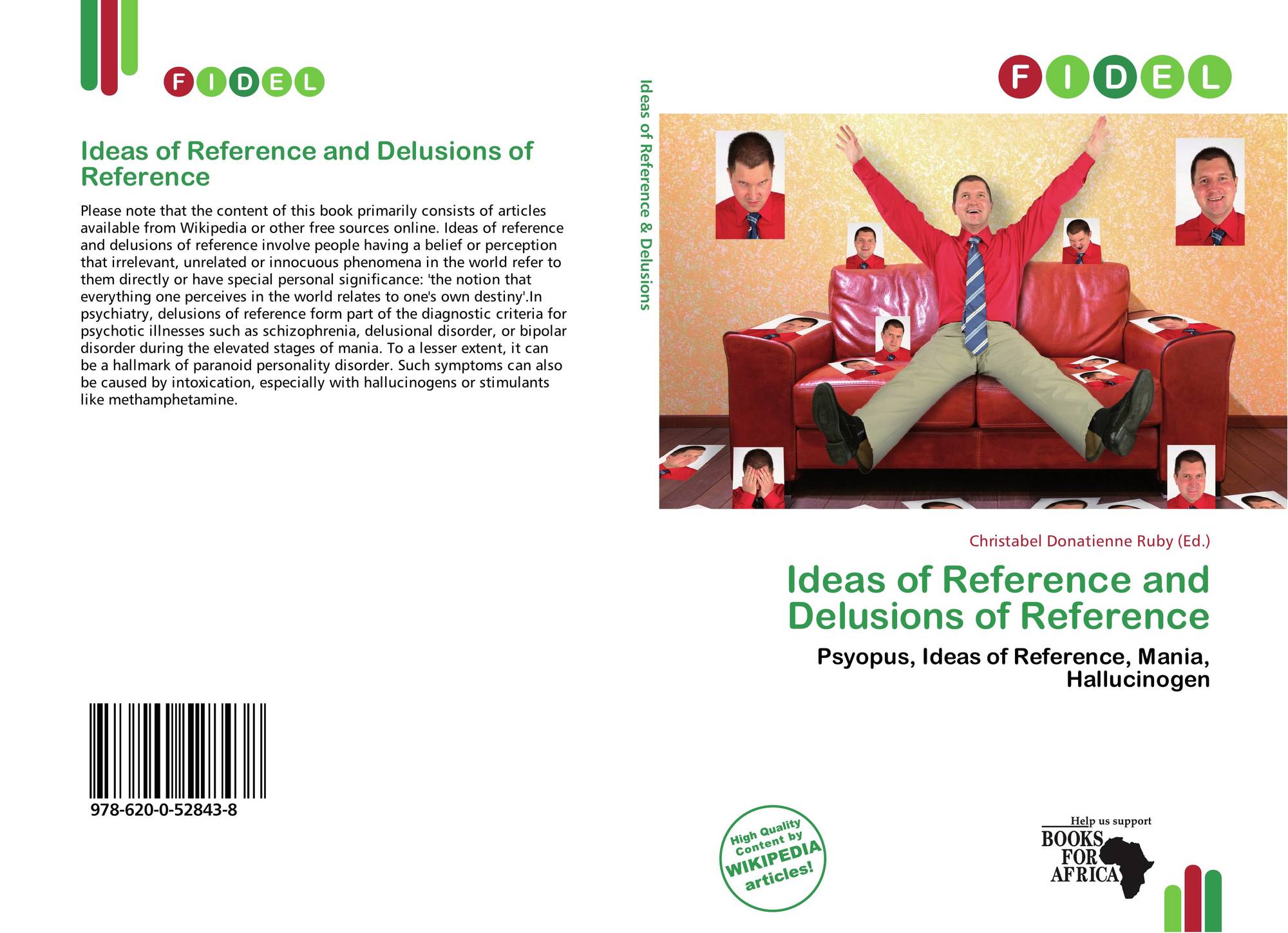Delusions and Ideas of Reference: An Overview
Related Articles: Delusions and Ideas of Reference: An Overview
- Define Ideas Of Reference Psychology 2025 Quick Dinner Recipes Jd 2025
- Chicken Breast Menu Ideas 2025 Pinterest Username Ideas 2025
- Closet Organization Ideas For Corners 2025 Planning A 60th Birthday Party 2025
- Definition Of Idea Of Reference 2025 Quick Easy Breakfast Ideas 2025
- Chicken Breast Dinner Ideas 2025 Pinterest Outdoor Patio Ideas 2025
Introduction
With enthusiasm, let’s navigate through the intriguing topic related to Delusions and Ideas of Reference: An Overview. Let’s weave interesting information and offer fresh perspectives to the readers.
Table of Content
Video about Delusions and Ideas of Reference: An Overview
Delusions and Ideas of Reference: An Overview
:max_bytes(150000):strip_icc()/delusions-5113070-Final-a1141c0a3f814314b2f58b25f3544dde.gif)
Introduction
Delusions are fixed, false beliefs that are not based in reality. Ideas of reference are a type of delusion in which individuals believe that certain events or situations have a special significance or meaning specifically related to them. These experiences can be distressing and can significantly impact an individual’s life.
Delusions
Delusions can manifest in various forms, including:
- Persecutory delusions: Individuals believe they are being persecuted, spied on, or threatened.
- Grandiose delusions: Individuals believe they have extraordinary abilities or importance.
- Somatic delusions: Individuals believe they have a physical illness or deformity.
- Jealous delusions: Individuals believe their romantic partner is being unfaithful.
- Religious delusions: Individuals believe they have a special relationship with God or a religious figure.
Ideas of Reference
Ideas of reference are a specific type of delusion in which individuals believe that events or situations have a special meaning or significance specifically related to them. These beliefs can be based on misinterpretations of everyday occurrences, such as:
- Believing that a stranger’s glance is a sign of admiration or disapproval.
- Interpreting a news article as a personal attack.
- Thinking that a television show is sending them a secret message.
Symptoms of Delusions and Ideas of Reference
Individuals experiencing delusions and ideas of reference may exhibit a range of symptoms, including:
- Fixed, false beliefs that do not change despite evidence to the contrary.
- Difficulty distinguishing between reality and imagination.
- Preoccupation with their beliefs and difficulty focusing on other things.
- Social withdrawal and isolation.
- Anxiety, depression, or other emotional distress.
Causes of Delusions and Ideas of Reference
The exact cause of delusions and ideas of reference is unknown, but several factors may contribute to their development, such as:
- Genetic predisposition: Some individuals may have a genetic vulnerability to developing delusions.
- Neurochemical imbalances: Abnormalities in certain neurotransmitters, such as dopamine and serotonin, may be linked to delusions.
- Psychological factors: Stress, trauma, or other psychological stressors may trigger delusions.
- Substance use: Drug or alcohol abuse can increase the risk of developing delusions.
- Medical conditions: Certain medical conditions, such as schizophrenia, Parkinson’s disease, and dementia, can lead to delusions.
Treatment for Delusions and Ideas of Reference
Treatment for delusions and ideas of reference typically involves a combination of medications and therapy.
- Medications: Antipsychotic medications can help reduce the severity of delusions and improve overall functioning.
- Therapy: Cognitive behavioral therapy (CBT) and other forms of psychotherapy can help individuals challenge their false beliefs, develop coping mechanisms, and improve their social skills.
Quick, Easy, and Cheap Lunch Ideas for 2025
Introduction
With the rising cost of living, it’s more important than ever to find affordable and convenient lunch options. Here are some quick, easy, and cheap lunch ideas for 2025 that won’t break the bank:
Sandwiches and Wraps
- Peanut butter and jelly sandwich: A classic for a reason, this sandwich is both delicious and budget-friendly.
- Tuna salad sandwich: Tuna salad is a quick and easy filling for a sandwich or wrap.
- Hummus and vegetable wrap: Hummus is a healthy and flavorful spread that pairs well with fresh vegetables.
Salads
- Green salad with grilled chicken: A simple green salad with grilled chicken is a light and refreshing lunch option.
- Pasta salad: Pasta salad is a versatile dish that can be made with a variety of ingredients, such as pasta, vegetables, cheese, and dressing.
- Quinoa salad: Quinoa is a nutritious and filling grain that can be used to make a variety of salads.
Soups
- Tomato soup: Tomato soup is a classic and comforting lunch option that can be made with canned tomatoes and a few simple ingredients.
- Chicken noodle soup: Chicken noodle soup is a warm and soothing lunch that can be made with leftover chicken or rotisserie chicken.
- Lentil soup: Lentil soup is a hearty and filling soup that is also a good source of protein.
Other Options
- Leftovers: Leftover dinners can be a quick and easy lunch option.
- Yogurt and fruit: Yogurt with fruit is a healthy and refreshing lunch that is also easy to pack and transport.
- Smoothies: Smoothies are a quick and easy way to get a healthy and filling lunch.
Tips for Saving Money on Lunch
- Cook in bulk: Cooking in bulk on the weekends can save time and money during the week.
- Buy in season: Fruits and vegetables that are in season are often cheaper than those that are out of season.
- Shop at discount stores: Discount stores often have lower prices on groceries than traditional grocery stores.
- Use coupons and promo codes: Coupons and promo codes can help you save money on your lunch purchases.
- Pack your lunch: Packing your lunch is a great way to save money and control your portions.








Closure
Thus, we hope this article has provided valuable insights into Delusions and Ideas of Reference: An Overview. We appreciate your attention to our article. See you in our next article!